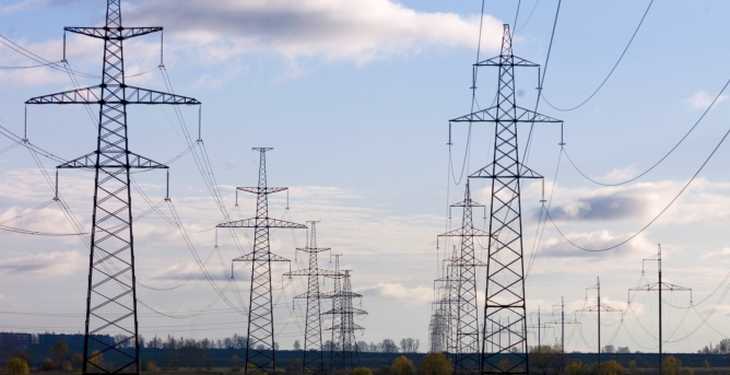Data presented by media on Monday, which supported the idea of unsustainable increasing in energy imports, from Russia or Ukraine included, are physical transfer of energy data, and not commercial data. Romania can not import electricity from Russia, and, on Monday, Romania did not import any power from Ukraine, which has only a transit area interconnected with Europe, said an energy trader for energynomics.ro.
“The data are wrong. Romania’s import capacity is not so great. They have taken into account the physical flows, and these are not trade flows,” says the trader. He explained that Romania’s imports are not larger than 100 MW. Transelectrica’s website only presents the natural flow of energy, volumes that are moving between Transelectrica and its counterpart company in Ukraine, volumes which are to be adjusted at a later interval.
“It doesn’t mean that energy comes on that direction. The trade flow is not related to the physical flow. The trade flow means notified energy, commercially transferred”, says the source.
“However, the energy in Ukraine is not Ukrainian energy, it is transit that is being performed, and in no case no energy is coming from the Russians. The area used in Ukraine is connected to the ENTSO-E system (European Network of Transmission System Operators for Electricity, the European electric networks system e.n.) and it is interconnected with Romania, Slovakia and Hungary. Ukraine, as a country, goes on another frequency, we cannot perform import-export directly. From what I know, it’s a transit from Slovakia”, said the trader.
Romania is not in an energy crisis
Romania is not registering problems in ensuring the energy needs from the domestic production and the imports on Monday morning were performed in the interest of the final consumer, shows the Ministry of Energy in a public statement.
In his turn, the former Energy Minister Razvan Nicolescu, consultant at Deloitte Romania, told energynomics.ro that Romania is not in an energy crisis and that the energy imports are small, so there is nothing to worry about. “People are worried about nothing. There is no crisis”, said Nicolescu, adding that Romania has a negative balance only in the short term. “We are talking about an import-export balance which is below 5% out of the total consumption. Romania is not in any energy crisis! The import prices may be lower than those in our market”, wrote Nicolescu previously, on a social networking site.
“The fact that, at a specific moment, we import more energy than we export, does not mean that we have a problem in covering the energy consumption. We’re talking about small amounts imported… Lately, we exported more than we imported”, said Nicolescu, in a comment offered to the media.
On Monday, some publicists-commentators considered that Romania “cannot cover its domestic consumption of electricity, and so turns to imports”, and “the largest amounts come from Ukraine, a state currently at war with Russia.”
The figures presented by the central media were based on the physical flow data available on the Transelectrica website, suggesting that imports “come from Ukraine (407 MW), Hungary (145 MW) and Serbia (125 MW).”
In his turn, Octavian Lohan, member of the Transelectrica board of directors said that “the energy price in Romania is higher than in other countries in the region with which our country is connected, thus, on Monday it was cheaper to import energy and there is no shortage of production”, according to Agerpres.

